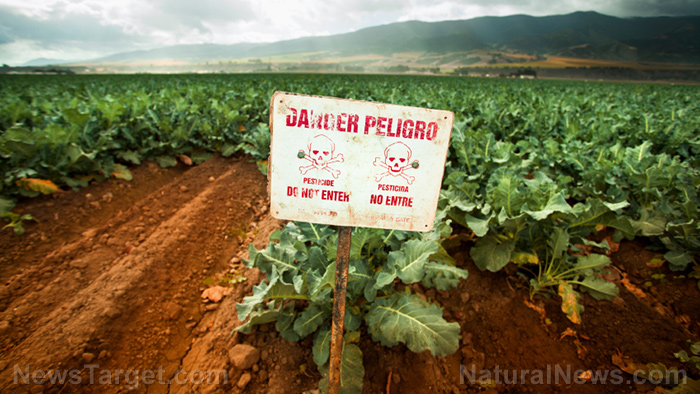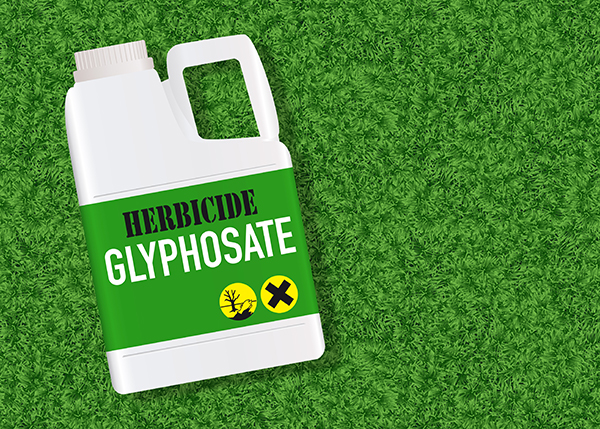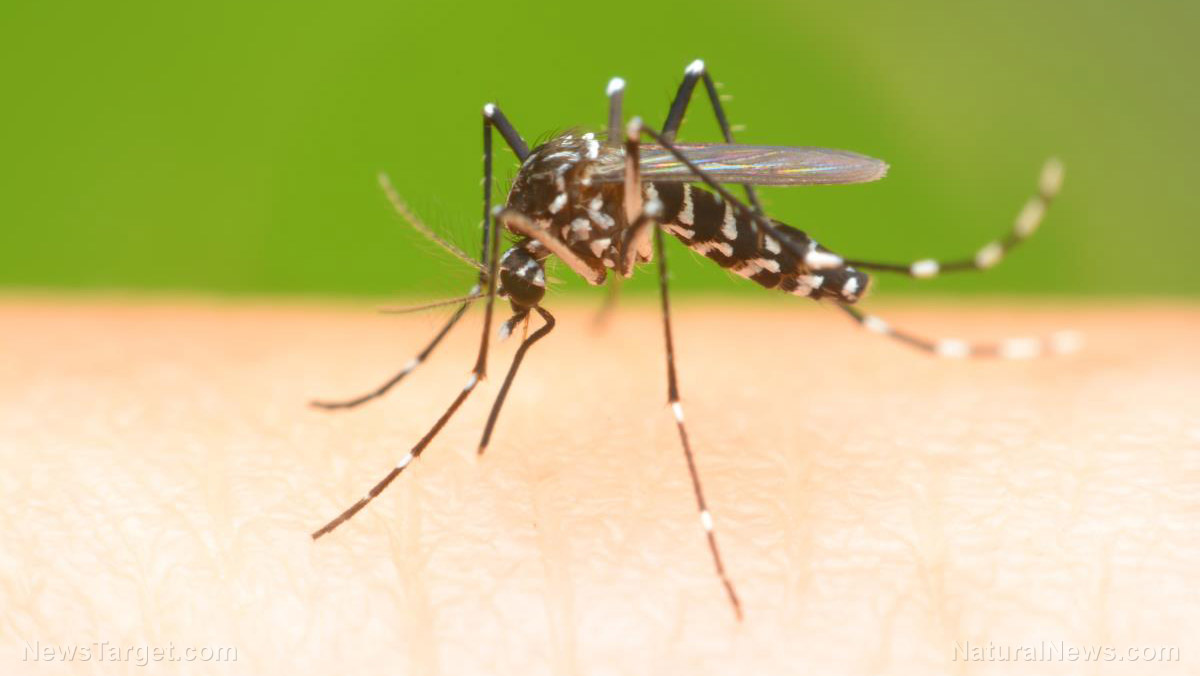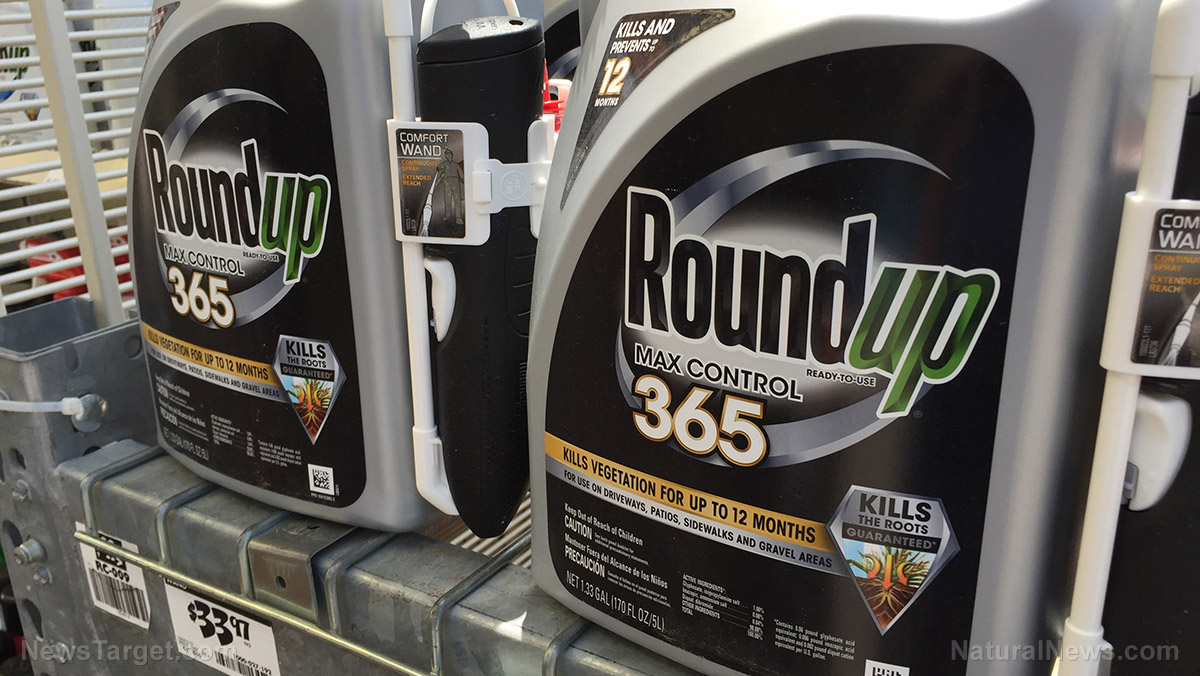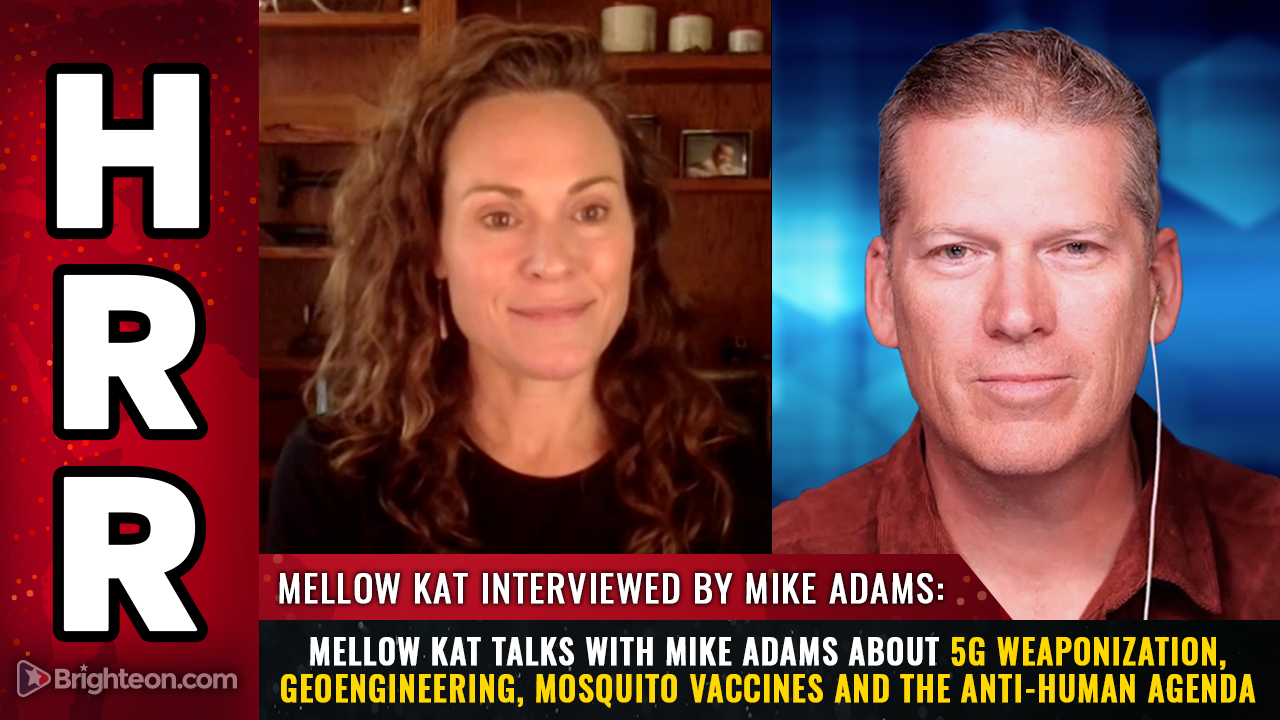OUTRAGE: Georgia shields pesticide giants from cancer lawsuits as corporate lobbying silences victims
05/15/2025 / By Lance D Johnson
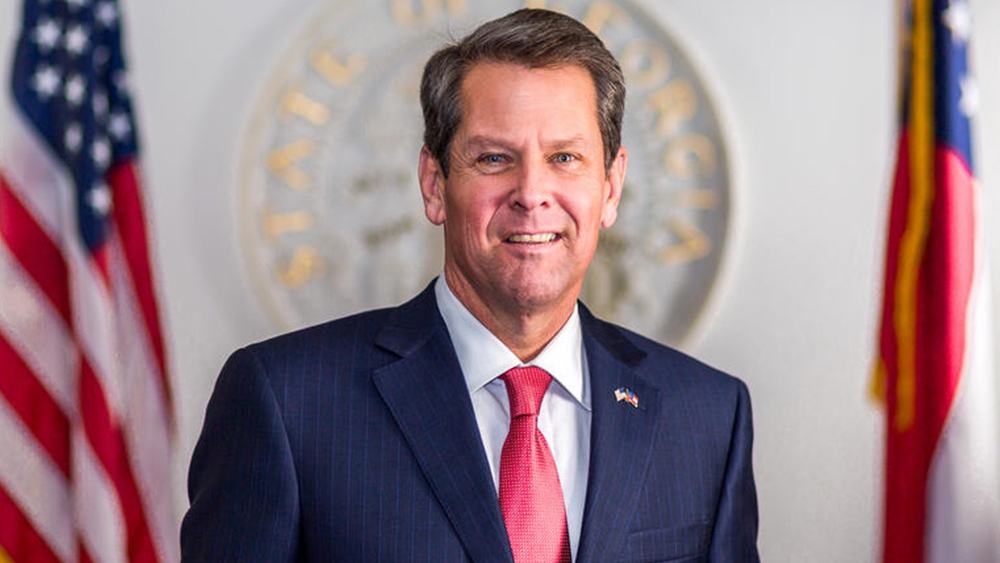
In a brazen betrayal of public health, Georgia Governor Brian Kemp has signed into law a sweeping liability shield for pesticide manufacturers, effectively granting them immunity from lawsuits when their toxic products sicken or kill. The move, mirroring a similar law recently passed in North Dakota, is a direct gift to Bayer—the agrochemical giant behind Roundup—and other corporations flooding the food supply with glyphosate, a chemical linked to non-Hodgkin lymphoma. While victims of pesticide exposure lose their right to seek justice, corporate lobbyists are working behind the scenes to replicate this legal immunity across the country. The question isn’t just about agriculture—it’s about whether state governments will continue to prioritize corporate profits over human lives.
Key points:
- Georgia’s new law blocks lawsuits against pesticide manufacturers if their products comply with federal labeling, even if those labels downplay cancer risks.
- Bayer, facing over 67,000 unresolved Roundup lawsuits, has spent millions lobbying states to pass liability shields.
- Glyphosate, Roundup’s key ingredient, is classified as “probably carcinogenic” by the World Health Organization but remains widely used in food production.
- Pesticide industry PAC donations to state lawmakers have surged, with contributions quintupling in recent years.
- Similar “failure to warn” legislation is being pushed in multiple states, threatening to strip citizens of legal recourse.
The corporate playbook: buying immunity
The pesticide industry’s strategy is clear: flood state legislatures with campaign cash, then demand legal impunity. Since 2016, political action committees (PACs) tied to Bayer, Corteva, and other agrochemical firms have dramatically increased donations to state lawmakers—particularly those overseeing agriculture and environmental committees. In Georgia, Kemp’s decision came after heavy lobbying from agricultural groups, many of which receive funding from Bayer.
“Nobody wastes money,” said Bob Stern, former general counsel of California’s Fair Political Practices Commission. “There is a big reason they’re making their contribution. It’s not a charity.”
The timing is no coincidence. Bayer has already paid out billions in Roundup settlements, and with 67,000 lawsuits still pending, the company is desperate to shut down future claims. By convincing states to pass liability shields, they can avoid accountability while continuing to sell glyphosate-laced products.
Glyphosate’s deadly legacy
Despite Bayer’s claims of safety, the evidence against glyphosate is damning. In 2015, the International Agency for Research on Cancer (IARC) classified it as a probable human carcinogen. Independent studies have repeatedly linked it to non-Hodgkin lymphoma, yet the EPA—under heavy industry influence—continues to downplay the risks.
“The scientific literature on glyphosate is a mix of findings, but the cancer link is undeniable,” said Andrew Mertens of the Iowa Association for Justice. “When states block lawsuits, they’re telling victims they don’t matter.”
Bayer’s solution? Stop selling glyphosate-based Roundup for home use—but keep dosing farmland with it. The hypocrisy is staggering: if the chemical is safe, why remove it from store shelves? And if it’s dangerous, why shield Bayer from lawsuits?
The next battlegrounds
Georgia and North Dakota are just the beginning. Similar bills have been floated in Iowa, Idaho, and at least seven other states, often disguised as “labeling uniformity” laws. In reality, they’re designed to prevent states from imposing stricter safety rules than the federal government—a move that would nullify local protections against pesticide harm.
“This isn’t about helping farmers—it’s about protecting Bayer’s profits,” said Rob Faux of the Pesticide Action Network. “If they succeed, Americans will have no way to hold these companies accountable.”
The stakes couldn’t be higher. With glyphosate contaminating food, water, and even rainfall, the chemical industry’s push for immunity is a direct assault on public health. And as long as politicians like Kemp keep siding with corporations, the victims of pesticide poisoning will keep losing their day in court.
Sources include:
Submit a correction >>
Tagged Under:
agriculture, Bayer, campaign finance, cancer, chemical industry, corporate corruption, environmental toxins, EPA, food safety, Georgia, glyphosate, legal immunity, liability shield, lobbying, Monsanto, non-Hodgkin lymphoma, North Dakota, Public Health, Roundup
This article may contain statements that reflect the opinion of the author
RECENT NEWS & ARTICLES
GMO.News is a fact-based public education website published by GMO News Features, LLC.
All content copyright © 2018 by GMO News Features, LLC.
Contact Us with Tips or Corrections
All trademarks, registered trademarks and servicemarks mentioned on this site are the property of their respective owners.






